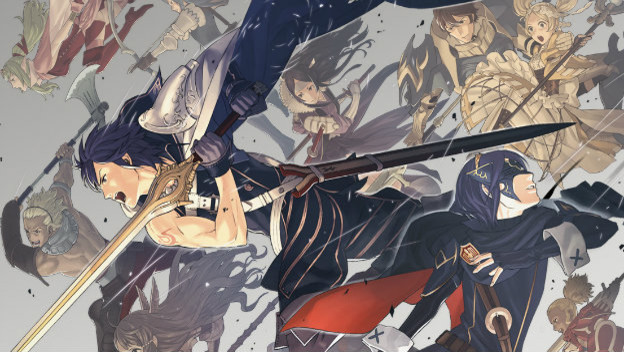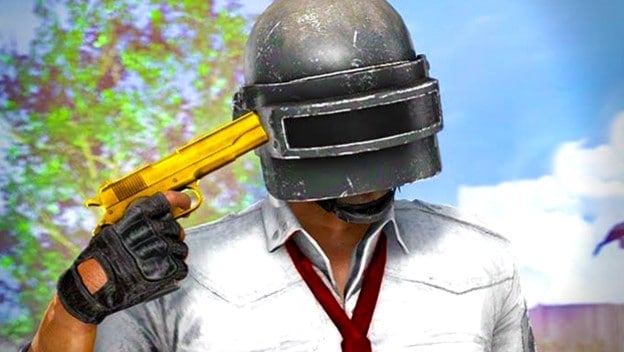Many of the most passionate game fans are constantly pushing for the games they love to do and be better, especially when they feel like the failings are more of a business move than a creative one. Cross-play? DRM? Microtransactions? Feature-barren launches? These things are more likely to inspire feelings of fury than ones of disappointment, and sometimes it feels like people would be happy to burn everything down to get the changes they’re seeking.
Here’s the thing: in a lot of cases, that’s precisely what they want, whether they realize it or not.
Whether it’s the long-running, slow-moving PlayStation 4 cross-play saga or the constant addition of new in-game purchases in games like NBA 2K and Madden , there’s a clear trend: we see way more instances of this when companies are in positions of market dominance. Is it, like Sony, an effort to cling tightly to its position? Or is it, like EA, a move to capitalize on a monopoly since there’s no real alternative? If a company doesn’t have to give players more without getting anything in return, it’s fairly likely that it won’t.
Let’s look at Sony in particular as an example. It’s a company that’s had a long history of hubris, in notorious instances like the PS3’s expensive launch. But even then, it was followed by the PS4’s, in which it took moves to undercut the Xbox through “gamer-friendly” moves like keeping the price down, moving first on scrapping the new sales model and throwing tons of included games every month into its PlayStation Plus service.
All of that’s slowed down, and it’s because these tactics moved the company from largely trailing the Xbox worldwide to solidly taking the dominant position again. Meanwhile, Microsoft? After this generation kicked its market share in the teeth, it’s all about what players want. It’s friends with Nintendo! Practically all of its games are playable on PC, playable at launch with a cheap subscription, seeing free updates years after release and generally giving way more than it’s asking players to pay in return. This remains true for third-party publishers, too, and it’s easy to see when comparing games from the same source. Madden and FIFA , for example, feel much less generous than something like NBA Live , and it’s largely due to their market positions.

This sort of thing even affects players of traditionally niche franchises. After beaten down by releases of decreasing sales, the Fire Emblem series got Awakening , a jam-packed game with a ton of content and a kitchen-sink approach to giving players what they want. Its success brought more games, but those games were sold in multiple boxes or with copious downloadable content. (And a money-hungry mobile tie-in, Fire Emblem Heroes !) So while many are excited to see their favorite series do well, there are others who want to burn it all down. And they have a track record to support that position.
So if you’re someone who truly wants your favorite games to be the best they can be, do you hope for failure? It’s a tough balance, clearly, since too much failure will drive a company out of business, but if your beloved franchises get backed into a corner just enough, you’re more likely to see the sorts of decisions designed to regain players and improve reputation than ones tailored to cash in on nonexistent success.
